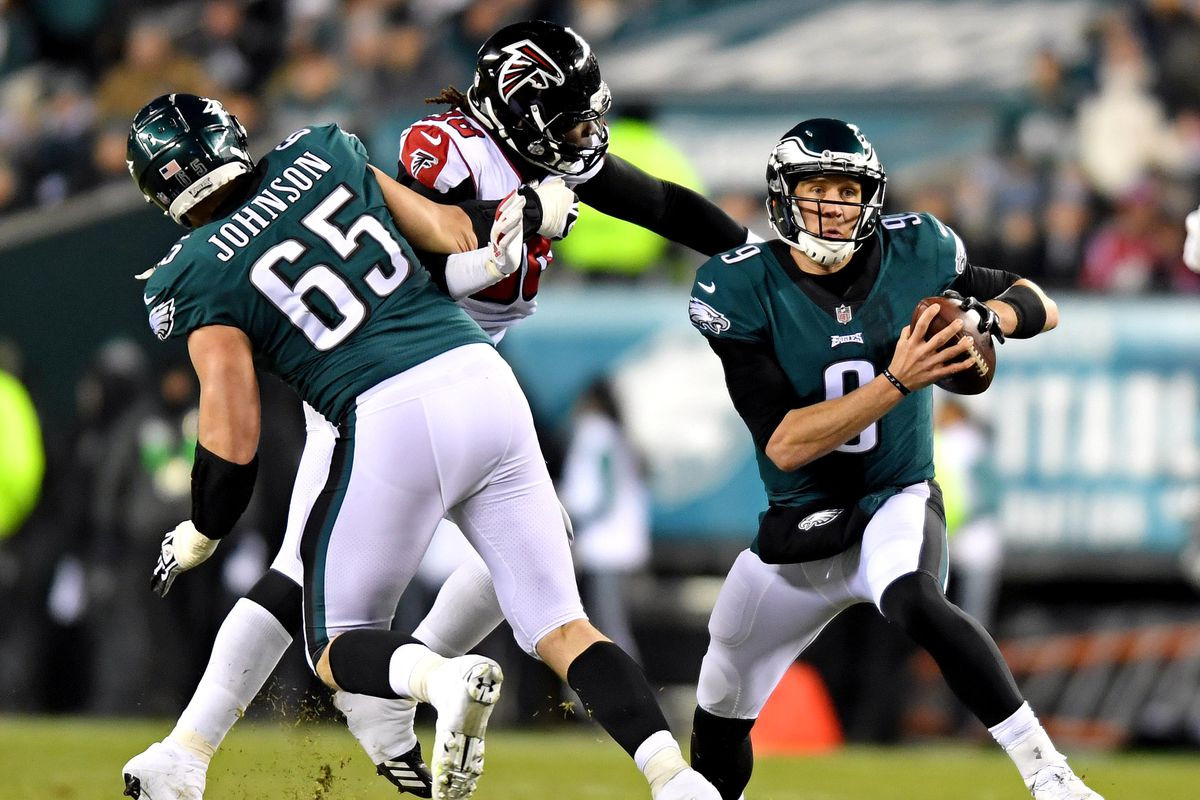The world of sports is constantly evolving, with new strategies, player transfers, and unexpected outcomes shaping the game. But what if we could peek into the future and anticipate these dramatic turns of events? This is precisely what a team of data scientists, using cutting-edge artificial intelligence, have attempted to do. Their predictions are raising eyebrows and sparking heated debates among fans and pundits alike.
AI's Crystal Ball: Predicting League Outcomes
Using a complex algorithm trained on a massive dataset encompassing years of football statistics, this groundbreaking AI system has produced projections for the upcoming season. The system considers a multitude of factors, including player performance, team chemistry, historical results, injury reports, and even weather patterns. This holistic approach to prediction sets it apart from previous attempts, offering a remarkably accurate, albeit still probabilistic, view of the season ahead.
The AI's predictive capabilities extend beyond simple win-loss records. It can forecast the final league standings, the top goal scorers, and even the likelihood of specific teams achieving major milestones. This level of granularity allows for a more nuanced understanding of potential outcomes. For example, for a team like Manchester City, the AI might predict not only their likelihood of winning the league but also the probability of them achieving a specific goal-scoring record.
Unlikely Upsets and Surprising Champions
One of the most surprising aspects of the AI's predictions is the inclusion of several “dark horse” teams. Teams previously considered underdogs are projected to perform exceptionally well, potentially upsetting established giants and challenging the status quo of the football world. These unexpected results, generated by the AI's sophisticated analysis, highlight the system's ability to identify hidden potential and subtle indicators that may be missed by human analysts. This ability to unearth unexpected insights could be particularly valuable to team managers and scouts, allowing them to adjust their strategies based on a more accurate and comprehensive understanding of the playing field.
The Limitations of AI Prediction in Football
It's crucial to acknowledge that even the most advanced AI models are not infallible. Football, after all, is a game of unpredictable human performance. The AI's predictions, while statistically sound, are still probabilities, not certainties. Injuries, unexpected managerial changes, and other unforeseen circumstances can significantly alter the trajectory of a season. The AI accounts for many of these factors, but it cannot predict the unpredictable.
Human Intuition Remains Vital
Despite the impressive predictive power of AI, human intuition and expertise remain crucial. AI can process vast amounts of data and identify trends, but it lacks the nuanced understanding of human behavior, team dynamics, and the intangible factors that can swing a match. A seasoned football analyst, therefore, can combine the AI's data-driven insights with their own experience to create a more comprehensive and insightful assessment. Ultimately, the most effective approach is likely to be a hybrid model combining the strength of both AI and human intelligence.
The Future of Football Forecasting
The application of AI in football is still in its nascent stages, but the potential is immense. As AI algorithms continue to improve and incorporate even more sophisticated data, the accuracy and detail of predictions are likely to increase exponentially. This advancement could revolutionize scouting, player recruitment, and even the strategic planning within teams, leading to a more data-driven and efficient approach to the beautiful game. This could also lead to new and innovative ways of engaging fans, offering them more immersive and data-rich experiences. The future of football analysis is likely to be heavily influenced by the integration of AI. Imagine a world where virtual assistants can provide real-time insights during games, suggesting strategy adjustments or predicting player behavior based on AI’s assessment.
The AI’s predictions offer a fascinating glimpse into a future where technology plays an increasingly central role in sports. While it remains a tool, and not a definitive oracle, it has undoubtedly opened up exciting new avenues for understanding and interpreting the complex dynamics of professional football. The ongoing refinement of these algorithms promises to provide increasingly accurate and detailed predictions, eventually transforming the way we engage with and experience the game we all love. The future is, indeed, bright.


















